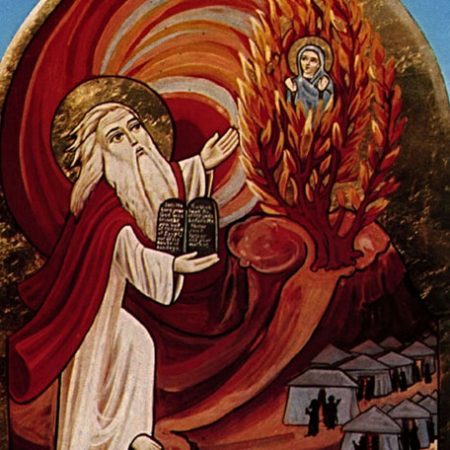Even in the midst of our worst troubles, uniting with God brings purpose and joy (which is not the same as mere happiness), and joy is an antidote to fear.
Sermons on Philippians
When God is doing new things, our familiar signposts are no longer helpful, and our capacity to follow is dependent on our living relationship with Jesus.
In a world that is hell-bent on self-destruction, Jesus calls us to gather to him and to love faithfully and vulnerably with him, rather than surrendering to the hate and fear.
When we use the biblical law to reinforce a worldview of sin and punishment, we doom ourselves to live in a judgemental world, a world from which Jesus offers to break us free.
Because of God’s extravagant and eternal generosity, we are raised out of death and into God’s life and a burning desire to participate in God’s passionate concern for the world.
Because of God’s abundance, God’s never-ending supply of extravagant and eternal generosity, we are raised out of death and into God’s life: a life of gratitude, of loving, of belonging, out of which flows a life of service and a burning desire to participate in God’s passionate concern for the world.
Jesus is heart-broken when we refuse his call to gather with him in a place of powerlessness, vulnerable to the hostility of a power-hungry world.
In an us-and-them world, people hope to find a way to get God on their side, but Jesus confounds our expectations of God siding against others.
The refining fire made known in Jesus is not targeting “morality” issues, but our hatreds, hostilities and inhospitableness.
We pray for our neighbours to be blessed, but could we actually be being called to give a blessing?
The pathway to a life of joy and gratitude is to imitate Jesus in filling our minds with things which are worthy, honourable, merciful and loving.
A sermon on accepting the gifts of God
The self-emptying of Jesus reveals both his divinity and the pathway to our full humanity.
The life Christ call us to is not found by seeking to recover the past or escape from the past, but by opening ourselves to the new things God will do.
Our allegiance to Christ and our citizenship of his Realm take priority over those to our local culture, but that doesn’t rule out a continuing love of our homeland and tribe.
The ten commandments are not a measure of our moral accomplishment, but a gift offered to God by a grateful covenant people.
Advent faith believes in the possibility of surprise, and that our tragic and repetitive history has a punch-line which will overturn everything that we have been taught to expect.
In baptism, we have passed from the preoccupations of the present to the a life shaped by God’s future, and though the completion of that transformation may be painful, it is nevertheless the fulfilling of our deepest longings.
In the elusive quest to know Christ, spiritual disciplines are a valuable means, but can also easily degenerate into idols.
At the deepest level of our need, we are called to rest in the love and righteousness of God, which can never be forced.






